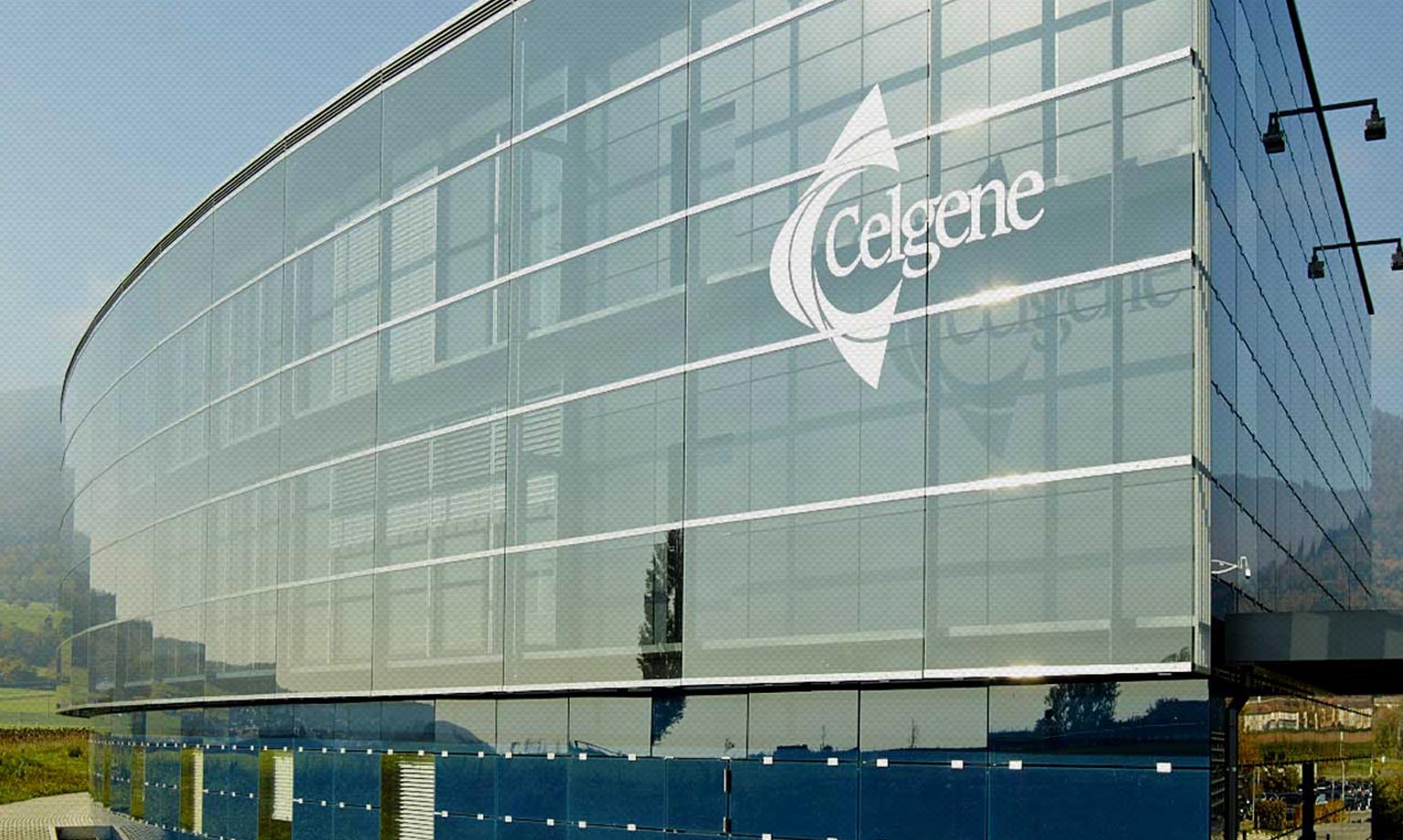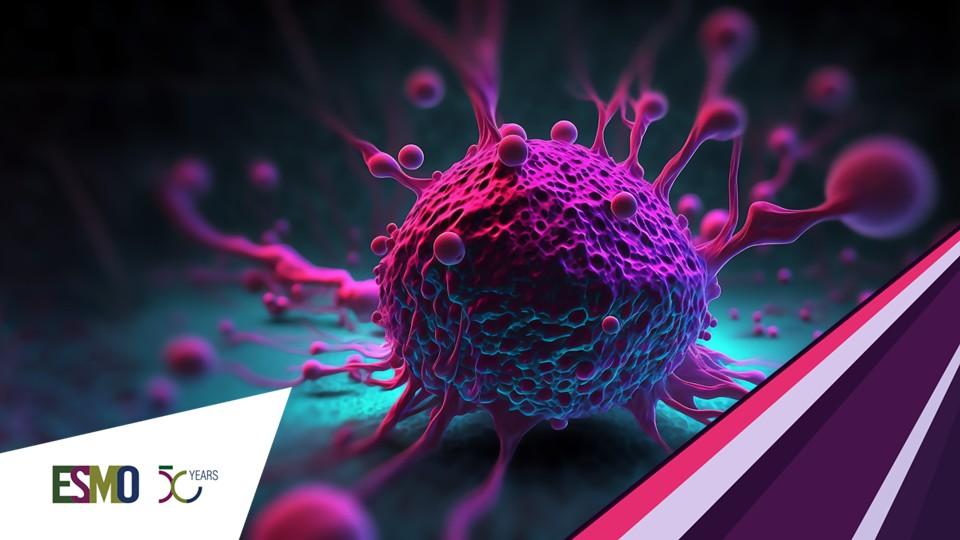Celgene signs brace of immuno-oncology deals with US biotechs

Despite a looming takeover by Bristol-Myers Squibb, Celgene hasn’t stopped making pipeline-boosting deals. It’s just added two more partnerships for new drug and cell-based cancer immunotherapies.
First up is a licensing deal with Kyn Therapeutics, in which Celgene is paying $80 million upfront for exclusive options to an aryl hydrocarbon receptor (AHR) antagonist as well as a kynurenine-degrading enzyme programme and is also taking an equity stake in the Boston-based biotech.
AHR and kynurenine are both associated with immunosuppression in a range of tumour types, according to Kyn, which says drugs that interact with these pathways – which are linked to IDO/TDO – can induce innate and adaptive immunity.
The biotech reckons drugs working on these targets could be of particular value in the treatment of patients who don’t respond to first-generation checkpoint inhibitors such as the PD-1 inhibitors, and sidestep the problems that have affected IDO inhibitors such as Incyte’s epacadostat and BMS’ IDO1 inhibitor BMS-986205.
It’s a solid upfront payment for two programmes that are still in preclinical development, with Celgene due to make a decision on its option after they clear phase Ib trials. The deal also covers potential clinical, regulatory and commercial milestone payments, plus royalties. Kyn launched in December 2017 with $49 million in first-round funding provided by OrbiMed Advisors and Atlas Venture.
In the second deal, Celgene adds to its CAR-T capabilities via a deal with Cambridge, Massachusetts-based Obsidian Therapeutics, building on its $9 billion acquisition of Juno Therapeutics a year ago and longstanding collaboration with Bluebird Bio.
Celgene is the first partner for Obsidian’s destabilising domain (DD) technology, which can be used to control the expression of immunomodulatory factors – such as interleukin-12 and CD40L – that can enhance the activity of cell therapies like CAR-T but according to Obsidian require “precise control to optimise their therapeutic benefit.” The activity of these factors can be switched on and off using small-molecule drugs.
The multi-year deal gives Celgene an exclusive option to in-license worldwide rights for cell therapy candidates that incorporate DD-regulated IL12 or CD40L for the treatment of cancer. In a statement, the two companies said that the technology platform could help the development of CAR-Ts against solid tumours.
The two approved CAR-Ts – Novartis’ Kymriah and Gilead/Kite’s Yescarta – are both indicated for B-cell malignancies, and most of the late-stage candidates coming through the industry’s pipeline are also for blood cancers like leukaemia and lymphoma. Solid tumours are a much greater challenge as they are tougher to penetrate and the tumour microenvironment tends to be full of immunosuppressive factors.
“This is a prime example of the new technologies that we see enabling broader applications for CAR-T and cell therapies for the treatment of cancer,” said Celgene’s head of alliances and business development Robert Hershberg.
Celgene’s collaborations come about two weeks after the company agreed to be acquired by BMS for $74 billion, to create a cancer treatment powerhouse.












